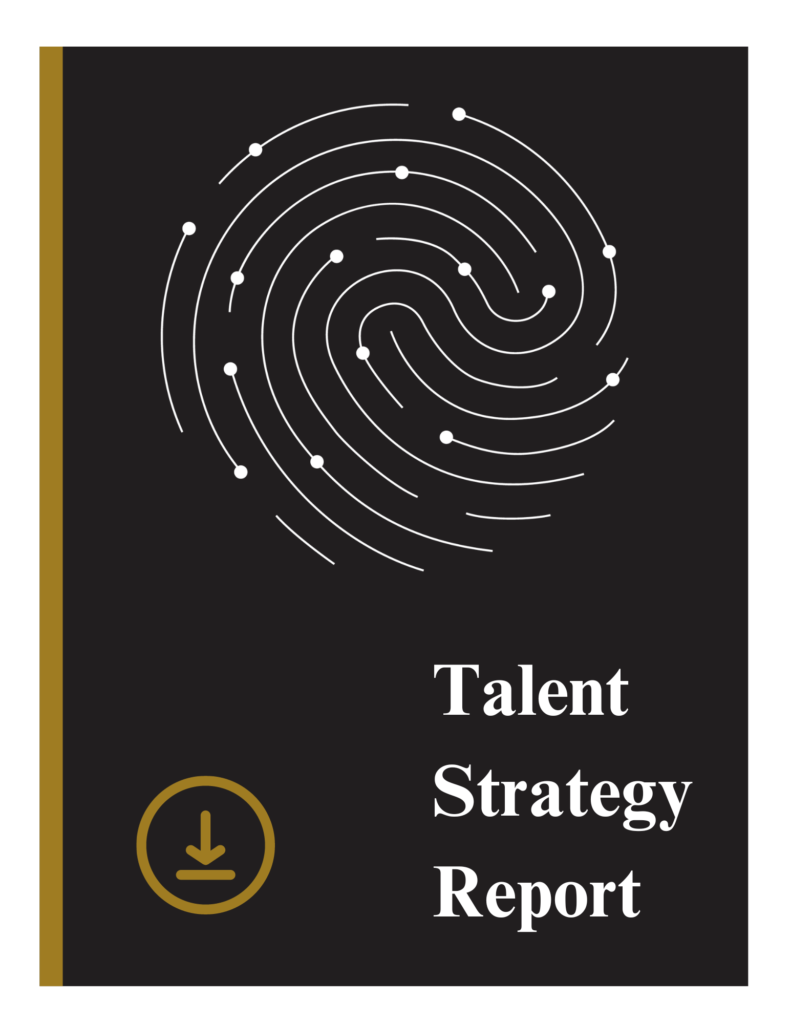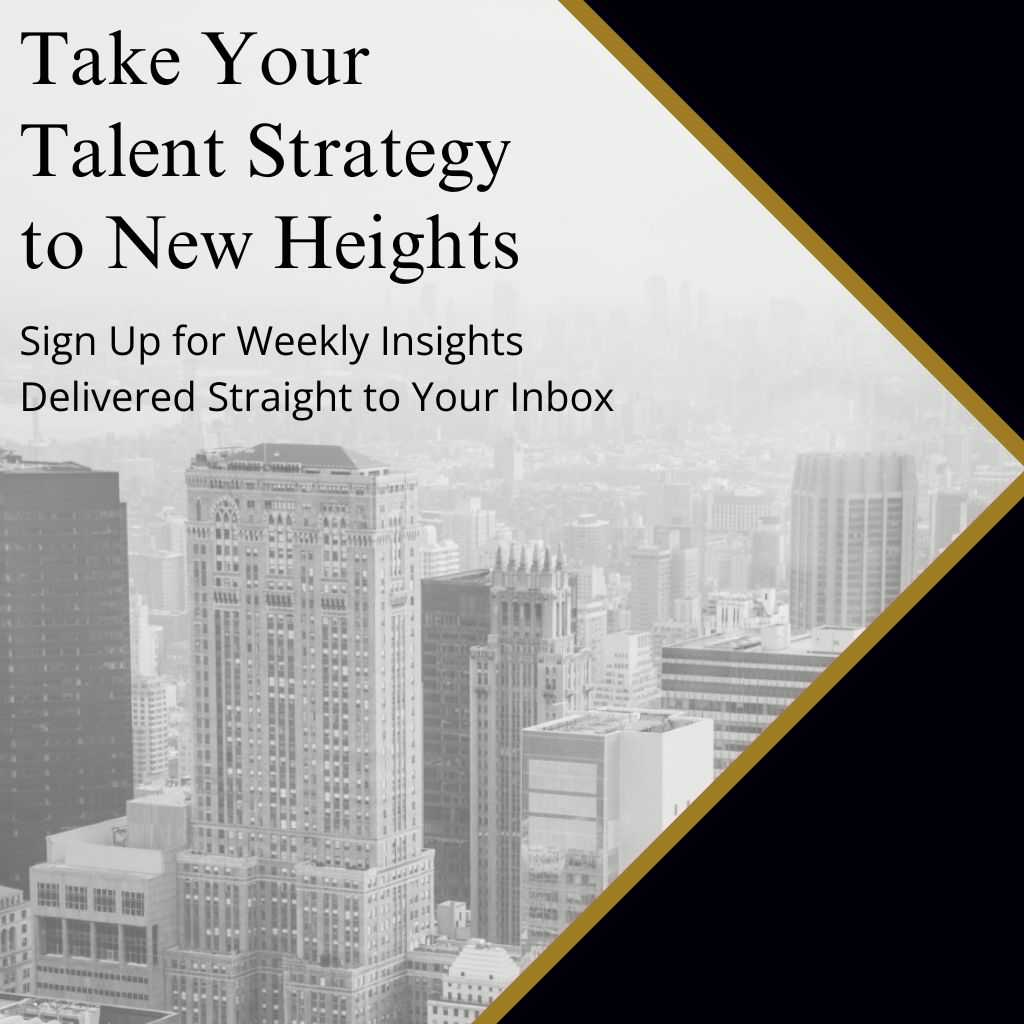Should You Hire the “Overqualified” Candidate?
Throughout my career, I’ve seen more pushback on overqualified candidates than underqualified candidates. There’s actually more concern with candidates who check all the boxes than candidates who miss the mark. So, how do you stop worrying and hire the best candidate for the job? Here are eight questions to help you reframe your thinking and get the right hire!
- Is your plate full? If your workload is busting at the seams, hiring someone with more capacity – particularly the ability to do more of your job, is a win/win!
- Do you want to advance? If you’re looking to take on more from the next level up, you need someone on your team who can do the same for you! If you’re interested in advancing, hiring someone with more skillsets than needed will accelerate everyone’s goals.
- Do you need them to be at capacity? This is both a personal leadership style and an organizational culture question. You’ll need to assess if it’s “okay” if this person isn’t swamped 24/7 because the job is easier for them. Are you okay with them doing their job and going home? Does your culture expect overtime and long hours? If it works for you and your organization, it’s nice when your team isn’t fighting burnout all the time.
- Do people in your organization get “bored”? If your organization is constantly evolving and growing, chances are, no over-qualified employee is going to get bored; work and opportunity will find them.
- Is there the right level of engagement for this candidate? Each person values something different so you’ll have to do some digging and investigative work to understand what keeps them engaged. For example, if it’s financial, you’ll have to assess if your organization will keep them financially engaged through things like increases, bonuses, and rewards. It could also be things like culture, community involvement, work/life balance, professional development, or advancement.
- Where do you see your team in the next two years? Lots of change and lots of growth? Most bored or mismatched employees will stick around and stay engaged for two years. If you anticipate change on your team in that amount of time, your risk of hiring, training, and then losing them is relatively low.
- What are their goals? Just because they can do a different job or take on more, doesn’t mean they want too. If they wanted to climb the corporate ladder, they wouldn’t have applied to a job they were overqualified for. Most often, they are seeking less hours, less stress, and better work/life balance.
- Does their compensation align? This can tell you a lot about their expectations. Whether they’ve tempered their compensation requirements for the role, or they are “way off”, this creates more opportunity to align and discuss expectations.
Ultimately as a firm, here’s what we’ve uncovered — The number one reason candidates are bored in their role is because they were hired to do a job they aren’t being allowed to do, not because they were overqualified for the role when they were hired. The number one reason candidates are interested in a role they are overqualified for is better work/life balance. In general, we feel that if there’s clear alignment, role clarity, and engagement opportunity, the reward is much, much higher than the risk.
Next time an “overqualified” resume comes across your desk, we’d encourage you to take another look and ask yourself these questions

















